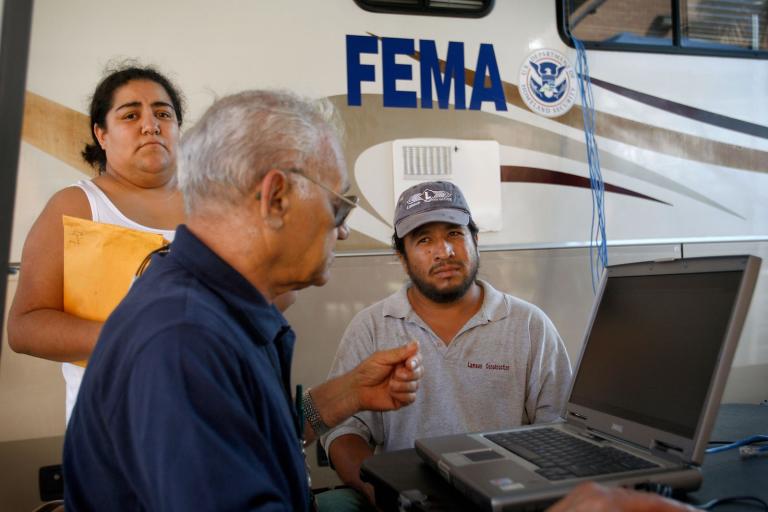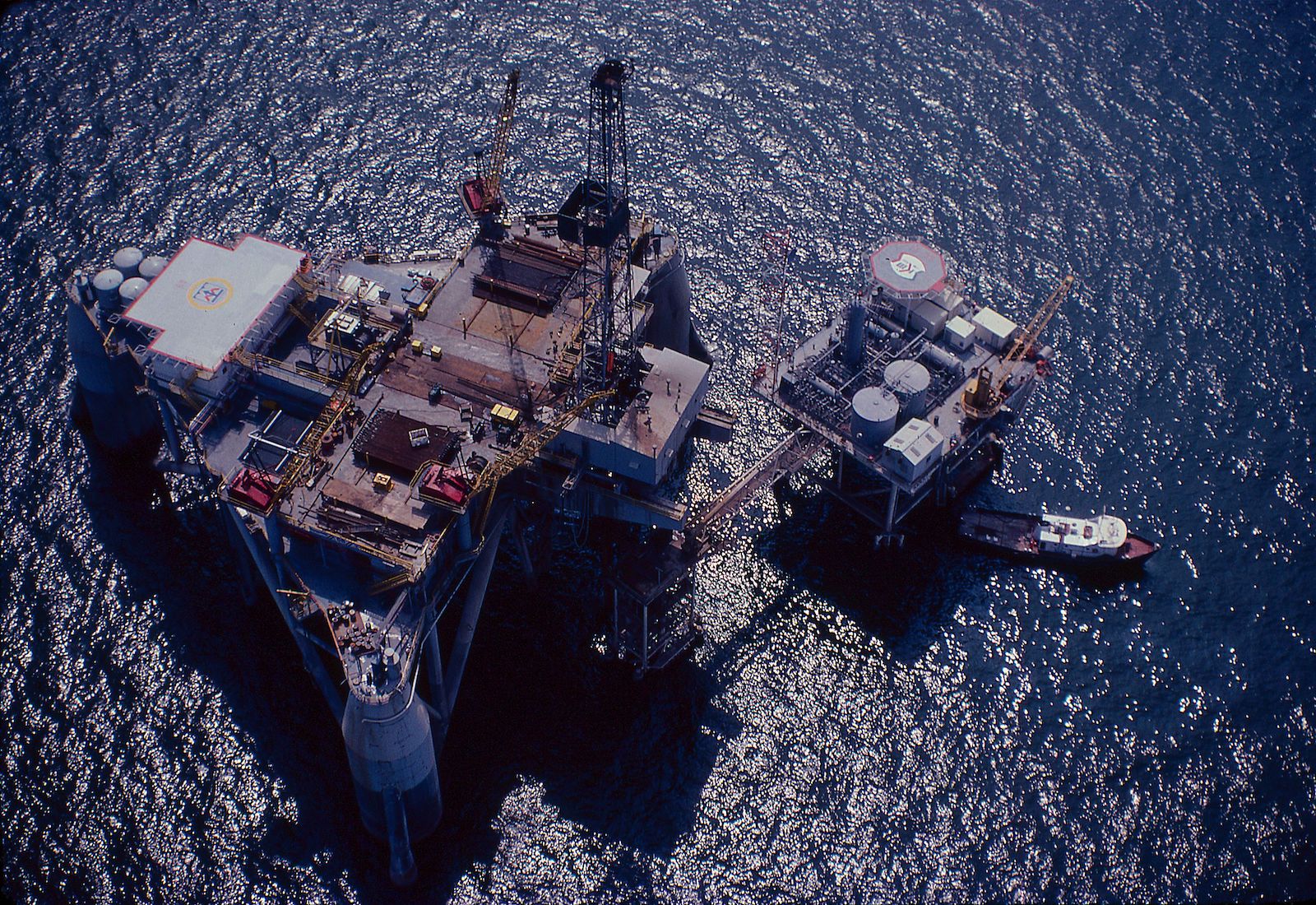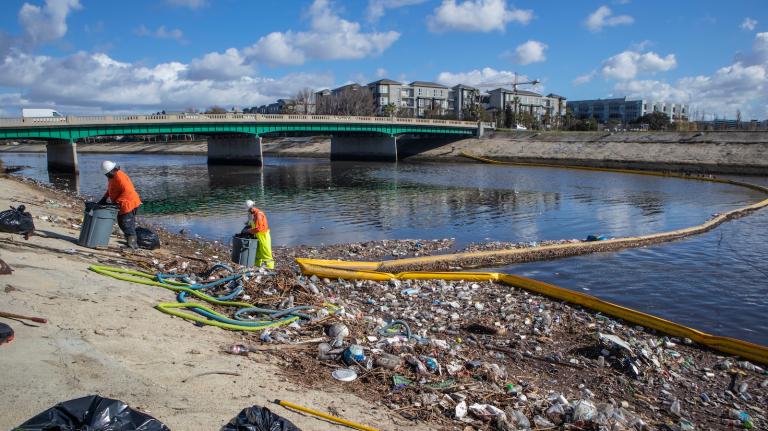Last month, the Biden administration held the largest-ever auction of oil and gas drilling leases in the Gulf of Mexico’s history, claiming it was obligated to hold the sale due to a court ruling that reversed Biden’s earlier pause on new drilling permits on public lands in the Gulf.
But a memo filed in August, months before the auction, by the Department of Justice, or DOJ, contradicts the administration’s public claims. While the court’s order did lift Biden’s complete pause on new drilling permits, it did not force the government to issue any new ones, the DOJ found, as first noted by the Daily Poster and reported by the Guardian.
The November auction was held just four days after the world’s largest climate conference, where President Joe Biden offered a slew of new climate pledges. The administration at the time also said it would build an improved system to measure the emissions impact of oil and gas lease sales in an attempt to curb their climate impacts.
Over the next four decades, the leases from the auction may lead to more emissions than 600 million tons of greenhouse gas emissions, according to a Guardian analysis of U.S. Department of the Interior data.
Critics and environmental groups had been sounding the alarm on the leases for weeks prior to the auction, including the environmental law firm Earthjustice. The groups have long maintained that the sale was not court-ordered and should have been delayed for a federal review of climate and environmental impacts.
Earthjustice is now suing to halt the leases before they come into effect in February 2022.
Even before the leases, environmental groups were charging Biden’s administration with misleading the public about its handling of oil and gas drilling. “There is just a big gap between the administration’s rhetoric and aspirations on climate and their actual actions,” Drew Caputo, vice president of litigation at Earthjustice, told Grist. “What matters now is not pledges, or desire to do the right thing, but making the right decisions.”
A recent analysis by Public Citizen, a consumer advocacy lobbying group, found that the Biden administration has approved more oil and gas drilling permits on public lands per month than the Trump administration did during its first three years. In the coming months, major lease sales for oil and gas production are expected to be held by the federal government off the southern coast of Alaska.
The government made nearly $200 million from the auction, primarily from Exxon, Chevron, and BP, all of which have been responsible for oil spills in the gulf over the last 11 years. A total of 308 tracts of the gulf’s seabed were sold off, covering an area larger than the state of Delaware. However, it has been reported that some companies may be using their tracts for other ventures outside of oil and gas drilling. According to reporting by The Verge, Exxon may use their tracts to pump captured carbon dioxide underground as a way to minimize CO2’s climate-changing impact.
Caputo says regardless of what the purported intentions for the land are by oil companies, the sale is a poor sign for the country’s climate goals. “This lease sale was for oil and gas development, not for carbon storage, or growing quinoa or bowling,” he said. “It was to lease land for oil and gas development, which we need to do away with.”
Many of Biden’s congressional allies agree. Last week, Alan Lowenthal, Raúl Grijalva, and Jared Huffman, three Democratic members of Congress, filed a federal brief calling for the termination of the gulf lease sales. The three said they were “deeply concerned” and “shocked” that the government is pushing ahead with the drilling without proper environmental considerations.
The continued leasing of federal lands for fossil fuel production is undermining Biden’s net-zero emissions by 2050 target, advocates argue. Fossil fuel infrastructure on federal lands accounts for roughly 25 percent of America’s emissions, a piece of the pie that the president has unilateral powers to limit. In the coming months, major lease sales for oil and gas production are expected to be held by the federal government off the southern coast of Alaska.
“We cannot continue in a situation where government officials promise action later,” Caputo said. “The gulf lease sale was a huge action that went in exactly the wrong direction.”
*Editor’s note: Earthjustice is an advertiser with Grist. Advertisers have no role in Grist’s editorial decisions.



